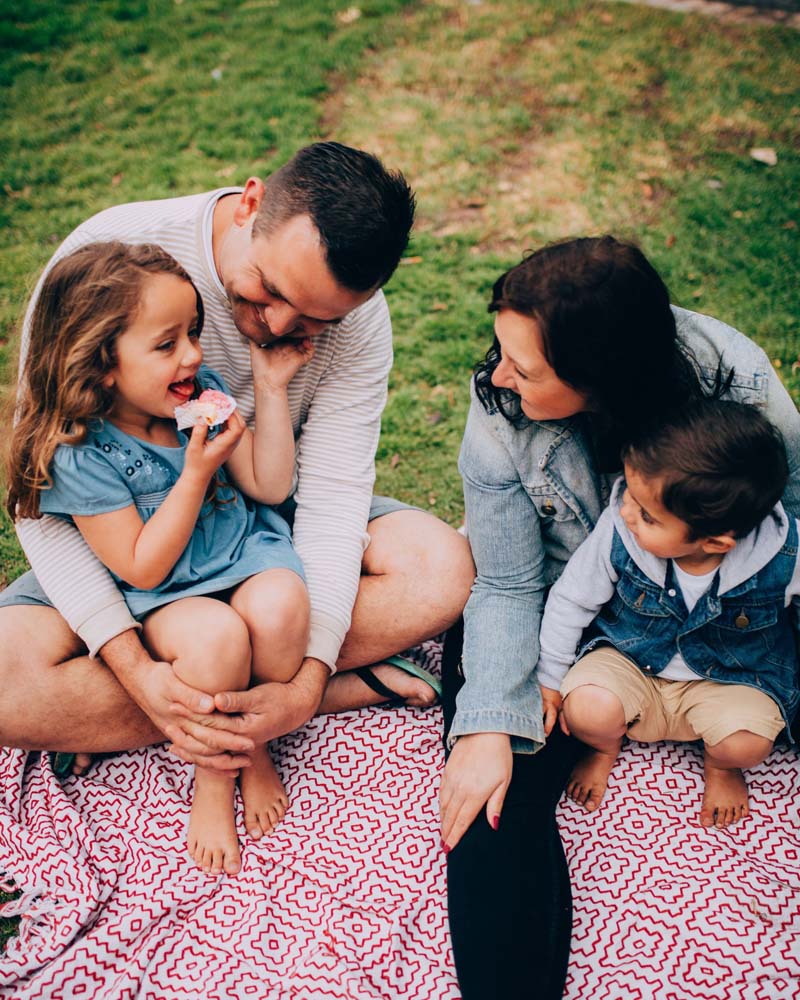You just want your child to be happy.
To grow, to flourish, to have friends and do well in school.
You thought you’d have a harmonious home and family life. That you’d be creating such happy memories together.
Yet lately, you’re not so sure your child is doing well, and your home life isn’t all you’d hoped it would be.
You see your child struggling, showing some new behaviors and are wondering, Is this normal? Is this just a phase? Am I imagining this, or is there really a problem? It’s getting a little harder to know…
It’s so hard to watch your child go from the excited, happy kid she used to be to be to one who is withdrawn and quiet. Or one who is increasingly difficult, yelling and throwing things, having temper tantrums. To watch your previously strong, independent, and curious child become increasingly nervous and afraid to try new things.
Changes in behavior in children are incredibly common, but that doesn’t mean they are easy to manage or that parents will necessarily know what to do. When changes occur, you can really feel lost and alone. You might think you’re the only parent whose kid is struggling, or that it means you did something wrong. You feel worried, exhausted, and afraid of what this means and what might be coming next. And more than anything, you wish you had a roadmap on how to proceed. The array of emotions and the difficult choices you face end up being really overwhelming.


